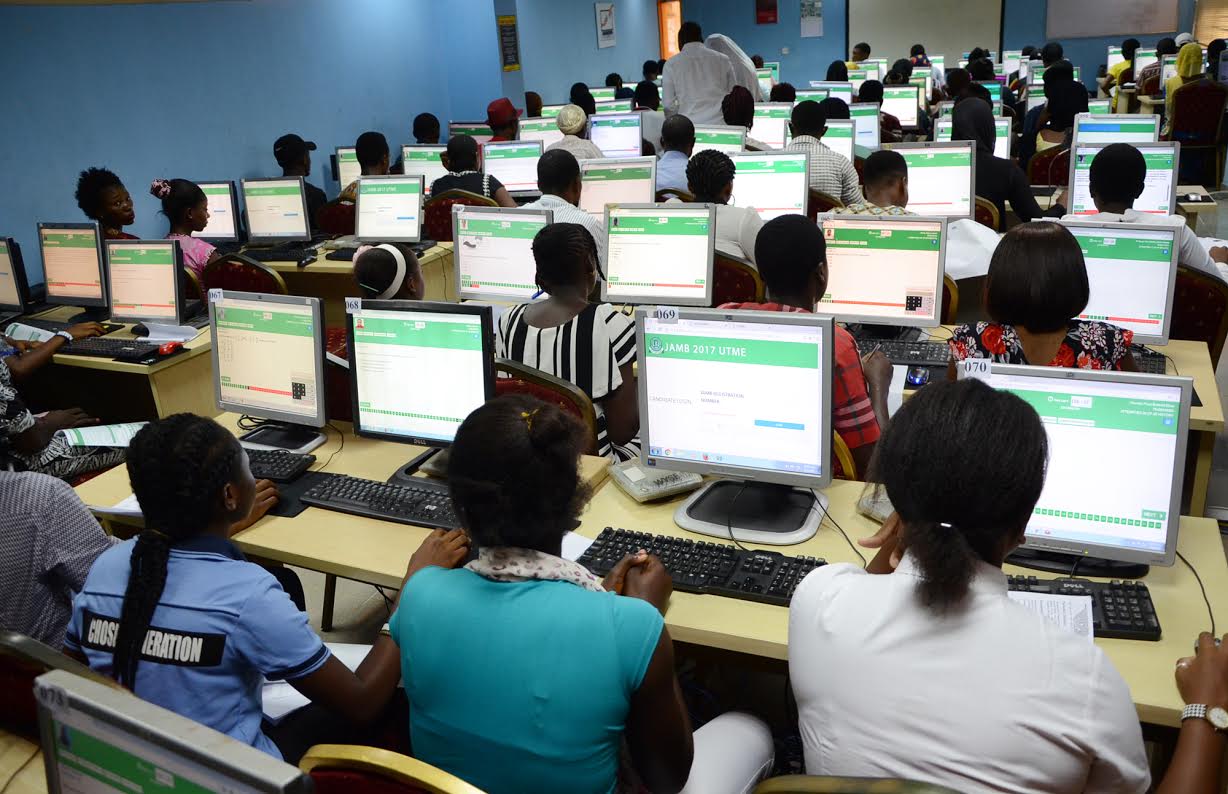EDUCATION
JAMB’s revolutionary triumph: reshaping education’s landscape

Prepare for an astonishing twist in the tale of education as Dr. Uchenna Uwakwe, an academic stalwart, erupts with unbridled admiration for the Joint Admission and Matriculation Board’s (JAMB) audacious shake-up of result presentation.
This electrifying revelation, delivered from the heart of New York’s intellectual hub, sends shockwaves across the educational realm, signaling the dawn of a transformative era.
Uwakwe, a visionary ensconced in the hallowed halls of the Federal University of Technology, Owerri, has wielded his fiery accolades for none other than the ingenious JAMB. Standing against the backdrop of Mmesoma Ejikeme’s riveting case, where audacious manipulation of JAMB UTME scores ignited a firestorm, Uwakwe’s voice cuts through the din, revealing the underbelly of JAMB’s revolutionary evolution.
With the defiant case of Mmesoma as a fulcrum, Uwakwe unveils the uncharted territories of JAMB’s brilliance. Scores, once thought inviolable, were catapulted from 249 to an astonishing 362, an astounding feat that becomes the touchstone of Uwakwe’s praise. “I commend strongly what JAMB has done,” he exclaims, unraveling the dynamic transformation that has now become the emblem of JAMB’s progress.
In a prophecy laden with anticipation, Uwakwe predicts the pulsating rhythm of perpetual transformation, as JAMB’s maverick format changes continue to thwart manipulators and uphold the beacon of fairness.
A symphony of innovation and security, JAMB’s changes not only dazzle Uwakwe, but also resonate with a mosaic of features like passport photographs and the enigmatic QR code. In an exposé that leaves one breathless, Uwakwe uncovers the QR code’s secret purpose – a digital fingerprint meant exclusively for result owners. Yet, a shadow looms in the form of Mmesoma’s case, a cautionary tale that reverberates through the corridors of education.
Uwakwe’s clarion call extends far beyond the case of Mmesoma, reverberating through the collective conscience of education stakeholders. He issues a rallying cry for a societal metamorphosis, a call for the Nigerian society to shed its old skin and embrace a new ethos. He underscores the urgency for a reorientation, a paradigm shift where examinations cease to be monsters under the bed and become stepping stones to success.
As the journey into Uwakwe’s insights deepens, the narrative pierces through the veil of self-doubt that plagues Nigerian students. Uwakwe’s fiery words indict the pervasive culture of fear and insecurity surrounding examinations. His voice reverberates like thunder as he challenges educators to instill confidence in their students, to kindle the belief that success can be achieved through merit alone.
But it doesn’t stop there. With unflinching resolve, Uwakwe navigates through the labyrinthine corridors of knowledge and its yardstick. He confronts the prevailing skepticism that examination is not the true arbiter of knowledge, demanding answers to a question that has echoed through the ages.
And in this tempestuous whirlwind of change, Uwakwe holds the torch of hope high, heralding the dawn of a new era. He paves the way for an education landscape built on integrity, on learning as the crucible of success. Amidst his stirring narrative, Uwakwe carves a path forward, blazing with the resolve to ensure that Mmesoma’s case becomes the spark that ignites a new era, an era where education’s sanctity reigns supreme.




 Davido's Net Worth & Lifestyle
Davido's Net Worth & Lifestyle 
